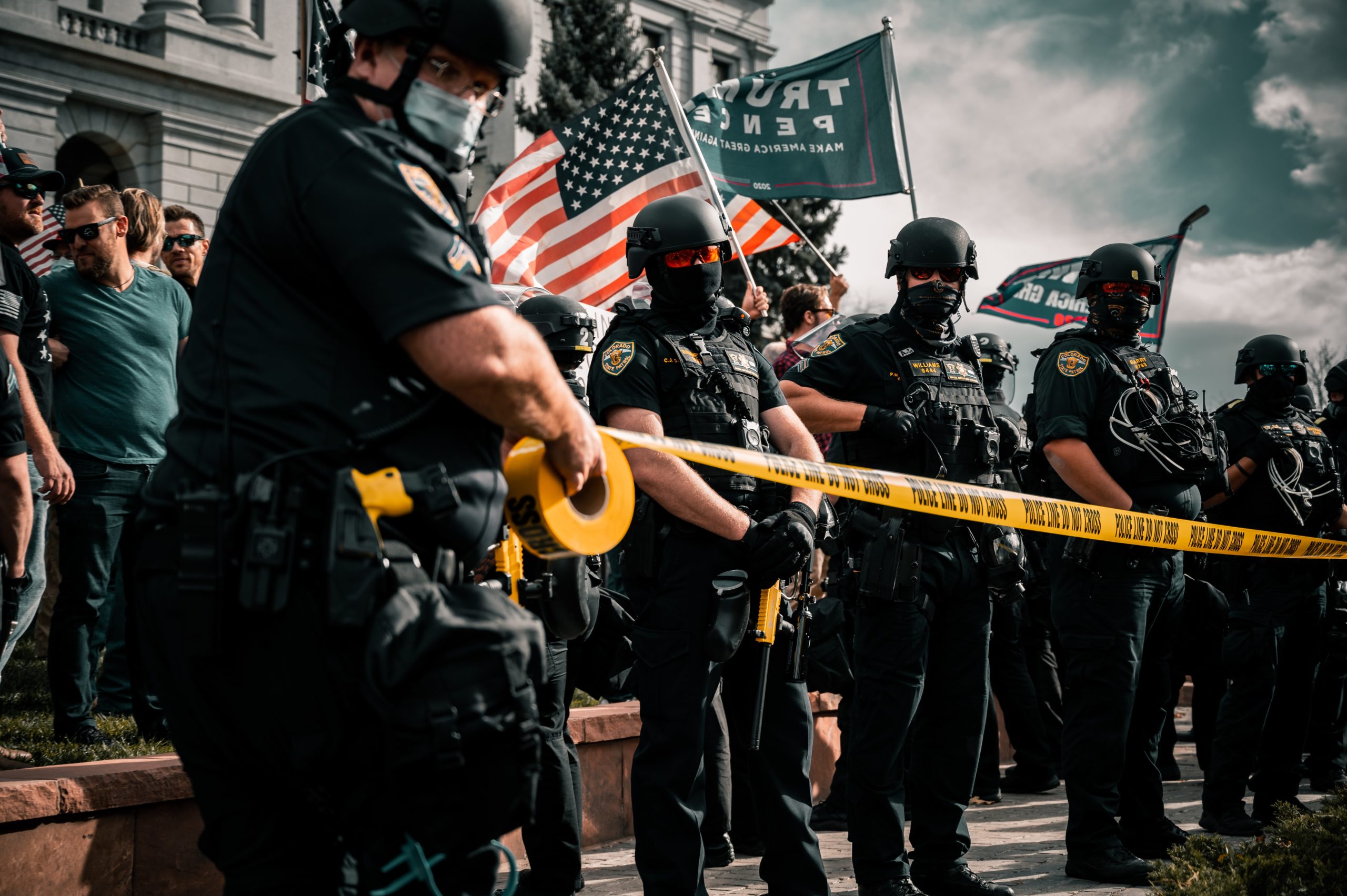When we think of police equipment, we often picture guns and badges. However, communication devices such as radios are equally important in ensuring the safety and efficiency of law enforcement operations. In this blog, we will explore the significance of communication and radios in police equipment, and discuss the benefits they provide to officers in the line of duty.
Safety: Effective communication is crucial in ensuring the safety of both law enforcement officers and the public. Radios allow officers to quickly relay vital information such as suspect descriptions, locations, and potential hazards. This not only keeps officers informed and prepared but also helps prevent accidents and casualties.
Efficiency: Time is often of the essence in police work, and radios can greatly enhance the efficiency of operations. Fast communication allows officers to coordinate and respond quickly to emergencies, making it easier to apprehend suspects and prevent crime. Radios also allow officers to communicate with each other regardless of distance, making it possible to cover large areas and respond to calls simultaneously.
Productivity: Radio communication also boosts the productivity of law enforcement agencies by allowing officers to multitask. For instance, an officer can be on patrol and still collaborate with other officers by relaying information through the radio. This means that work can be done faster, more efficiently, and with better results.
Versatility: Another advantage of radios in police equipment is versatility. Radios come in different types and sizes, allowing officers to choose the best device for the job at hand. Portable radios are lightweight and easy to carry while base radios are more powerful and can reach longer distances. This makes it possible for officers to communicate effectively in any situation, whether they are patrolling on foot or tracking down a suspect on the highway.
Reliability: Last but not least, radios are reliable communication devices that work even in areas with limited cellphone coverage. This means that officers can stay in touch with their colleagues at all times, even when traditional communication methods such as phones and the Internet are unavailable. Radios are also durable and can withstand harsh weather conditions, making them an ideal communication tool for law enforcement agencies.
In conclusion, communication and radios play a vital role in police equipment and should not be overlooked. They provide officers with the necessary means to communicate and collaborate effectively, ensure safety and efficiency, boost productivity, and are reliable in various situations. Therefore, investing in high-quality communication devices and training officers to use them effectively should be a top priority for law enforcement agencies. By doing so, we can make our communities safer and our police forces more effective.
For more great articles, click here.

Recent Comments